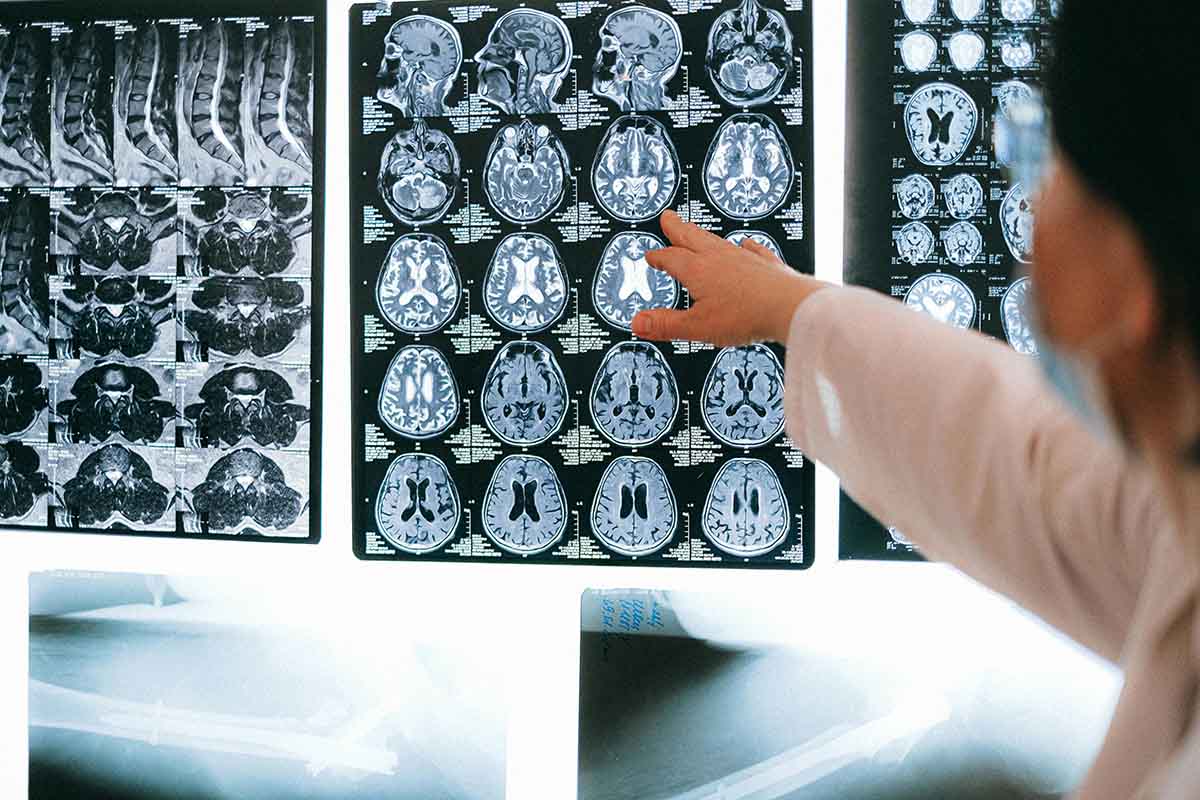Experiencing persistent headaches, tremors, or unexplained memory lapses? You might be wondering if it’s time to see a neurologist in London. This guide explains when to consult a specialist, what private neurology care involves, and how it compares to NHS services.
When Should You See a Neurologist?
Neurologists are medical doctors who specialise in diagnosing and treating conditions that affect the brain, spine, and nervous system. If your symptoms are ongoing, worsening, or interfering with daily life, a consultation may be appropriate.
Common Reasons People Visit a Neurologist:
| Symptom | Possible Neurological Concern |
|---|---|
| Frequent or severe migraines | Migraine Headaches |
| Hand or body tremors | Parkinson’s, essential tremor |
| Memory loss or confusion | Dementia |
| Numbness or tingling | Nerve compression, MS |
| Sudden dizziness or balance issues | Inner ear disorders, stroke risk |
| Seizures or blackouts | Epilepsy or other brain conditions |
| Muscle weakness | Neuromuscular disorders |
If you’re unsure whether your symptoms are neurological in nature, a GP may refer you. However, many Londoners are choosing to go directly to a private neurology clinic in the UK for faster answers.
NHS vs Private Neurology: What’s the Difference?
| Feature | NHS Neurology | Private Neurology (UK) |
|---|---|---|
| Waiting time | Often 3–6 months for non-urgent cases | Usually within 1–2 weeks |
| Choice of specialist | Limited | You can select your preferred neurologist |
| Appointment length | 15–30 minutes | Up to 60 minutes for initial consultations |
| Follow-up speed | May require long waits | Often within days |
| Access to diagnostics | Can be delayed | Fast-tracked MRI, EEG, CT available |
For complex or progressing symptoms, going private can offer faster access to diagnostic scans and peace of mind.
👉 Looking for an experienced specialist? Browse private neurologists in London
What to Expect at a Private Neurology Appointment
A private consultation typically includes:
- A detailed medical history and review of your symptoms
- Neurological examination (reflexes, coordination, memory, eye movement)
- Referral for scans or blood tests (if needed)
- Clear explanation of findings and next steps
Many clinics offer MRI, EEG, and blood tests on-site or at a partner diagnostic centre, reducing time to diagnosis.
“I saw a private neurologist in central London after waiting months on the NHS. Within a week, I had a scan and a treatment plan for my migraines. Life-changing.” – Verified patient
Common Conditions Treated by Neurologists
Neurologists diagnose and manage a wide range of conditions, from routine to rare. Some of the most common include:
- Headaches & migraines
- Dementia & memory disorders
- Parkinson’s disease
- Multiple sclerosis (MS)
- Peripheral neuropathy
- Epilepsy
- Stroke aftercare
- Sleep disorders like narcolepsy
Choosing a Private Neurology Specialist in London
London is home to some of the UK’s top private neurology specialists. When selecting a provider, consider:
- GMC-registered consultant neurologists
- In-house diagnostics or imaging partnerships
- Clear pricing and self-referral options
- Patient reviews and published outcomes
Many clinics offer appointments without needing a GP referral, making it easier to access care directly.
How Much Does It Cost?
Private neurology consultation fees in London typically range from:
- £250–£350 for an initial appointment
- £150–£250 for follow-ups
- Scans (MRI/CT) may cost extra, unless covered by insurance
Some private clinics offer bundled packages for consultations plus imaging.
Summary: When to Seek Help
You should consider seeing a neurologist if you’re experiencing:
- Ongoing headaches, tremors, or numbness
- Memory loss that’s affecting daily life
- Unexplained balance problems or blackouts
- A family history of neurological conditions
Early diagnosis can be key in managing many neurological disorders — and with private clinics, you don’t have to wait.
What About Neurosurgeons?
While neurologists diagnose and treat conditions of the nervous system non-surgically, neurosurgeons are medical specialists trained to perform surgical procedures on the brain, spine, and nerves.
If a neurologist identifies a structural issue — such as a brain tumour, spinal cord compression, or severe nerve impingement — they may refer you to a top neurosurgeon in London for further evaluation. Neurosurgeons deal with complex conditions like brain injuries, herniated discs, Chiari malformation, hydrocephalus, trigeminal neuralgia, and even functional brain surgery for epilepsy or Parkinson’s. Private neurosurgery specialists and clinics often work closely with neurologists to provide seamless diagnostics, second opinions, and surgery planning.
Many private hospitals in London have in-house neurosurgery teams or partnerships, which can significantly reduce wait times and ensure patients receive a coordinated treatment approach.
It’s important to note that not all neurological symptoms require surgery — but if conservative management has failed, or imaging reveals a surgical need, a neurosurgical consultation can be the next step toward lasting relief and recovery. As with neurology, choosing a board-certified, GMC-registered neurosurgeon with relevant sub-specialties and experience can make all the difference in outcomes.

